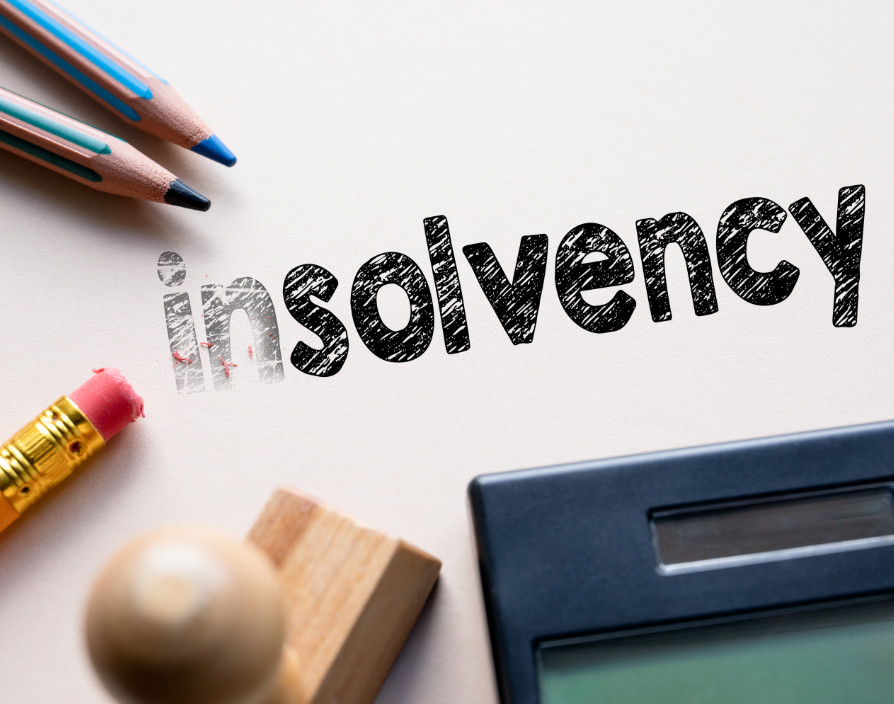When I first began legal proceedings against the Government over the introduction of lockdown, the last thing I thought I would be talking about is the changes to the Insolvency Act, and yet these changes are fundamental, regressive, and without doubt will lead to far more issues – all in a vain attempt to prop up the economy for a few more weeks.
Yet as an accountant with over 30 years’ experience in the industry, I have looked on in horror over the last few months as the Corporate Insolvency and Governance Act breezed through the Commons and Lords without any adequate scrutiny and became law two weeks ago.
The Government is dubbing the act as the largest change to the UK’s corporate insolvency regime in more than 20 years, but change does not always equate to success. One of the many criticisms I have had of the Government in recent months is its propensity for overreaction and tendency to be naive. This is another clear example of exactly that misguided approach.
It is now clear that many companies will have exploited the Government’s Coronavirus Job Retention Scheme and I fear many larger businesses will do just that with the new insolvency legislation. In the round, the introduction of the Corporate Insolvency and Governance Act was designed to restructure the regime in order to give directors the tools and greatest opportunity to weather the storm many have faced, primarily, due to the Government’s decision to implement lockdown.
However, the new law is completely wide of the mark and will instead create a dangerous dichotomy between companies and creditors rather than providing breathing space for cash-strapped firms. The Act has brought into force Ipso Facto reform altering regulations on the rights of suppliers of goods and services if the counterparty enters insolvency.
If a company enters insolvency under these regulations, suppliers, who are often small companies with cash flow difficulties, will be forced into continuing to supply businesses who do not have the capacity to pay them. Now, the Government will state that small and medium sized businesses have the power to appeal this if it is possible to prove that it is causing them harm and for those with a turnover of less than £10m p/a are exempt from supplier obligations. Even though they are exempt from supplying insolvent businesses those above them in the supply chain are not leading to potentially damaging relationships between debtors and creditors.
And it will not stop there. The Government’s new powers to compel businesses to keep supplying, even when they are not getting paid will escalate and create a domino effect down the supply chain, with more and more businesses being placed in hardship as a result. We have seen that it is always the small business and average working man and woman that pays in times of crisis. I am deeply worried that the small businesses which haven’t been decimated by the lockdown will end up bearing the brunt of the Government’s attempt to write off enormous corporate debt and obscure the fact that the mishandling of this virus is the real issue.
Alongside sweeping changes to supply obligations, the Government has also chosen this time to alter wrongful trading provisions for directors. The alteration will remove the threat of personal liability from directors who continue to trade in the knowledge that they will become insolvent in the future. Whilst I am certain many businessmen and women will use this as breathing space, I am equally sure that many will utilize this opportunity to continue trading irresponsibly putting creditors’ interests at the bottom of the pile.
The truth is the insolvency regime worked perfectly well and this change is emblematic of the Government’s disproportionate handling of the coronavirus crisis. Its failure to consider nuance has meant that the Government introduced an economically damaging and ineffective lockdown. In recent weeks we have seen tens of thousands of jobs lost at household names including Boots and John Lewis, yet the Government continues to pursue policies with deadly repercussions far outweighing the impact of the virus itself.
Alongside the devastating economic impact that lockdown created, the implications which it had for the health of the nation are only just beginning to be understood. Staggering research from the British Heart Foundation has suggested that over 28,000 heart procedures have been delayed or cancelled during lockdown, with Cancer Research estimating a further 23,000 potential cancer cases which have gone undiagnosed. We were told that the implementation of lockdown had been the savior of the NHS, not leave it with a waiting list of almost 10 million people, the worst it has ever faced.
The Corporate Insolvency and Governance Act is just the latest in a long line of Government tactics to manipulate figures and convince the public that this crisis is not being dreadfully mismanaged. When small companies are forced to continue supplying insolvent businesses and employees’ salaries don’t get paid, maybe the Government will finally take notice of this economic timebomb just waiting to go off.
“
Share via:








































